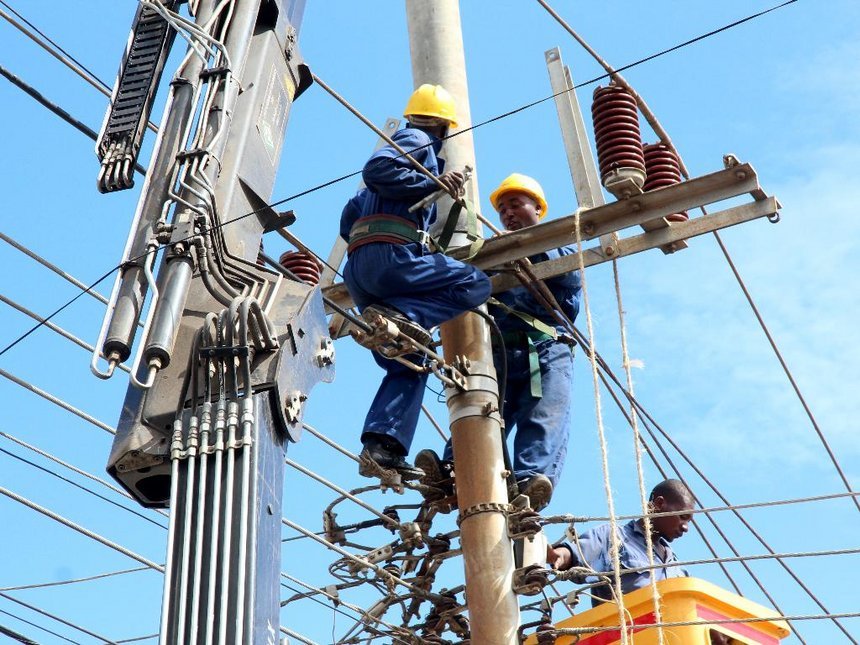Kenya Power and Lighting Company (KPLC) has finished evaluating the tenders that will enable the connection of 280,000 customers to the national grid under the Kenya Power Electrification Plan project that will be funded by the European Union (EU) at a cost of Ksh28 billion.
The electricity firm also revealed that 245,638 in its financial disclosures that they had already connected customers to the national grid and also an extra 27,558 were also added via the Rural Electrification and Renewable Energy Corporation (Rerec) and the government schemes that were put in place. The company now awaits a green light to proceed with the project from the financiers as it is already done with tender evaluation for the project. Once the project is granted the green light to proceed, the contractor will be called upon for its implementation.
KPLC has also opened its doors from additional various governments to assist in the Kenya Power Electrification Plan project of Kenyans inclusive of Ksh1.9 billion in the fiscal year that completed in June 2023 from Japan International Corporation Agency to connect a total of 11,000 customers to the national grid who are based at the counties of Nakuru, Nyandarua, Kilifi, and Kwale. The project of electrifyiong the nation has brought about an additional sale of 99.98 gigawatts every hour and also an increase in the number of customers by 9.2 million.
Also read: Last Mile Connectivity Project in Kenya Seeks Ksh21 bn Loan Funding
Kenya Power Electrification Plan Support Projects and Financiers
Other supportive projects for the Kenya Power Electrification Plan that have been put in place to support the agenda of KPLC are: the Last Mile Connectivity Project (LMCP), the connectivity programmes that have been spearheaded by the Rural Electrification and Renewable Energy Corporation (Rerec), and the schemes that are funded by the government. Other financiers of the project also include the European Investment Bank and the French Development Agency (FDA).
The increase in the number of customers contributed to a 44% rise in the sales of electricity to 9,756GWh which was previously 9,163GWh. This resulted to 21% higher revenue collected from the sales of electricity i.e. from Ksh157.35 billion to Ksh190.98 billion. The lack of crucial equipment such as transformers and meters was attributed to the effect it had on the system expansion projects. The electricity firm developed newer strategies for metering that ensure that the power consumers only get to pay for what they consume and it also helps in sales accountability of the company.
By the time December 2024 reaches, KPLC aims to make a transition on all the large scale power consumers to smart metering and customers who consume units more than 200 units by setting up advanced infrastructure on metering within a period of three years.
